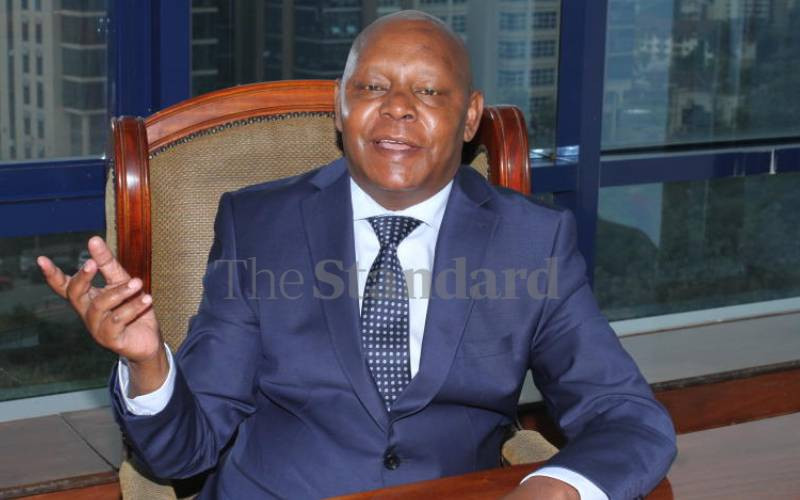×
The Standard e-Paper
Smart Minds Choose Us

On November 20, 2020 lawyer Paul Gicheru silently took flight to the Netherlands. His travel to the International Criminal Court (ICC) that had issued a warrant of arrest against him stirred speculations, as it was unexpected.
Only he, God and his close family knew about his mission. The rest of the country was left in a frenzy guess as to why a man who the government was not interested in extraditing would hand himself to the court.







